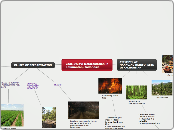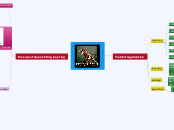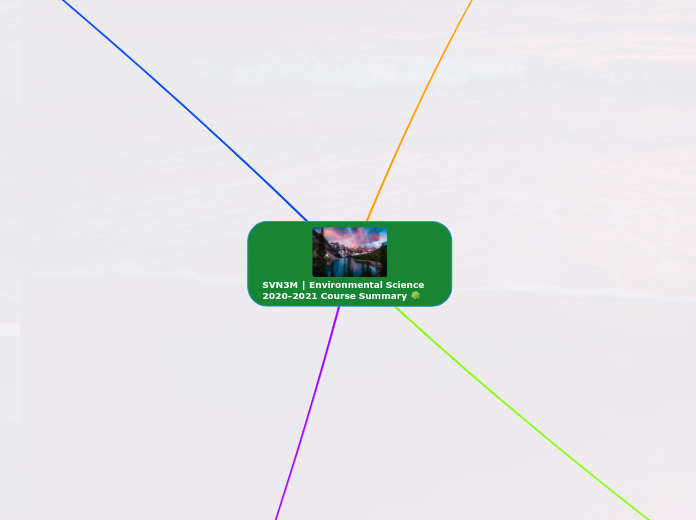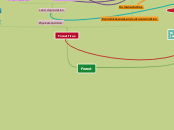Case Study: Deforestation in Kalimantan, Indonesia
ATTEMPTS AT
MANAGING RAINFORESTS
IN KALIMANTAN
Conservation
- Forests are being
conserved and
reserved
- Set aside as nature reserves
(e.g. Betung Kerihun Nature Reserve)
- where activites that do not
damage the forest environment,
such as ecotourism, are
allowed & encouraged
Limitations:
- ALTHOUGH
nature reserves
set up to protect the
forests, illegal logging
activity could still be detected.
- Illegal logging hard to be detected
BECAUSE:
-> Lack of manpower
-> Vastness of nature reserve
-> Remoteness of logging site
Afforestation
and Reforestation
- Restore forests
- Teak is planted:
-> BECAUSE it is
valuable
-> AND grows quickly
Limitations:
- Original biodiversity
is lost
- Replanted trees cannot
support the original
biodiversity
- MAY NOT successful
without people's active
participation
Controlled Logging
- Severe
penalties enforced
- Prevent damage from
logging, selective
cutting introduced to
prevent trees not
commercially valuable
from being logged
Limitations:
- Selective cutting
caused the same
amount of damage as
clear cutting
Controlling forest
fires
- Indonesian govt
made it illegal
to clear land using
fire.
- Govt monitors the
occurence of forest
fires.
- Govt also runs
campaigns to discourage
people from burning
forests.
Limitations:
- DESPITE the
law against burning
forests, people still
continue to use fire to
clear land.
CAUSES OF DEFORESTATION
IMPROVED
TRANSPORT
NETWORKS
Transport networks cut through forests and connect them to other settlements.
MINING
Precious stones and minerals
are extracted from the
ground beneath the
rainforests.
GROWTH OF
SETTLEMENTS
Settlements enroach into
forests and cause
deforestation.
INCREASE IN DEMAND
FOR AGRICULTURE FOR
LANDUSE
New settlers cultivate crops
in small holdings while
plantation owners grow oil palm
over extensive areas in the rainforests.









